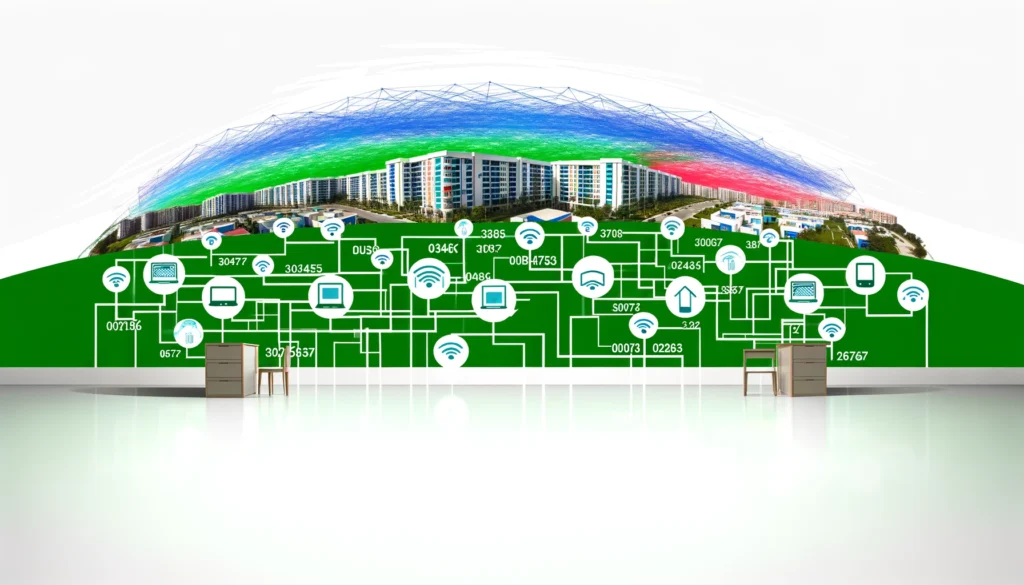Improving WiFi Efficiency and Reliability in Residential Complexes for Improved Occupant Satisfaction
Wiki Article
Within multi-dwelling units (MDUs), such as flat buildings and condo complexes, residents frequently face challenges concerning WiFi functionality and dependability. With more people rely on the web for work, education, and leisure activities, ensuring that residents have availability to a robust and stable WiFi link is critical. Weak WiFi signals can result in frustration, lowered efficiency, and general dissatisfaction among tenants. Consequently, property managers and landlords must understand how to enhance WiFi functionality to enhance resident satisfaction.
Initially, actions in enhancing WiFi functionality in MDUs is to conduct a thorough site assessment. This survey aids identify areas with poor signals and potential sources of interference, like dense walls or digital devices. Through comprehending the design of the building and the particular needs of tenants, property managers can make educated decisions about the placement of access points. Strategic placement of these devices can help guarantee that WiFi service is solid and reliable throughout the building, allowing residents to connect seamlessly from their homes.
A further crucial element in optimizing WiFi performance is selecting the appropriate equipment. High-quality routers and access points built for crowded settings can considerably improve WiFi performance. These units are designed to manage multiple links at once, rendering them perfect for the needs of an MDU. Additionally, implementing a system that operates on both the 2.4 GHz and 5 GHz bands can provide residents with better options for connection. The 2.4 GHz band covers a broader area this page but may be slower, while the 5 GHz band provides faster speeds across limited distances, aiding to equalize performance and coverage.
Routine maintenance and upgrades play a vital role in maintaining WiFi dependability. Property managers should schedule regular checks on devices to verify it is operating properly. This includes refreshing firmware and software to enhance performance and safety. Additionally, monitoring internet load can assist detect any issues this hyperlink before click here now they become significant issues. Through proactively Full Article overseeing the WiFi network, building managers can ensure that residents experience fewer disruptions and a more reliable link.

Lastly, communication with tenants is vital for enhancing WiFi functionality in MDUs. Offering clear information about how to connect to the internet, as well as tips for enhancing personal device connections, can enable occupants to enhance their personal satisfaction. Additionally, building managers should invite input from tenants about WiFi functionality. This data can be invaluable in identifying areas for enhancement and making certain that the WiFi system continues to meet the changing needs of the residential area. Through concentrating on these approaches, property managers can foster a superior living environment that fosters tenant satisfaction through reliable and effective WiFi access.